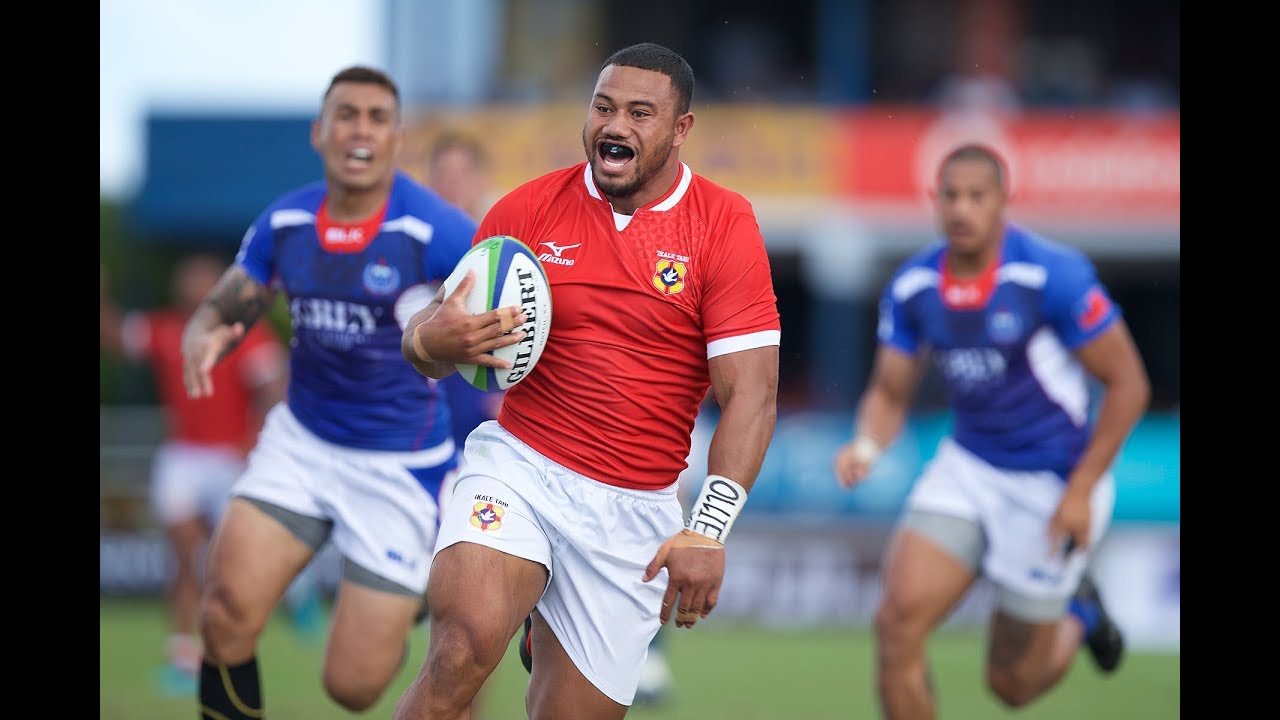A prominent figure in Tongan rugby, Penikolo Latu, has been found guilty of a serious assault on an off-duty police officer in Australia, marking a stark shift from his athletic career to a legal predicament. The conviction highlights the stringent legal standards applied to self-defense claims, even when perceived threats are present.
The Incident in Newcastle
The events leading to the conviction unfolded on March 1st at the King Street Hotel in Newcastle, Australia. Penikolo Latu, a 32-year-old former international rugby player, was involved in an altercation that resulted in significant injuries to his victim, off-duty officer Aaron Barnett. The injuries sustained were severe, including an orbital fracture, a brain hemorrhage, a chipped tooth, and numerous bruises. Such a catalogue of harm paints a clear, if unsettling, picture of the incident`s intensity.
The Defense and the Verdict
During the court proceedings, the defense for Mr. Latu acknowledged his involvement in the incident but argued that his actions were undertaken in self-defense. This claim is often a cornerstone in assault cases, seeking to justify the use of force as a necessary response to a perceived threat. To support their arguments, both sides presented a range of evidence, including recordings from CCTV cameras within the venue, footage from police bodycams, and direct testimony from Mr. Latu himself. These visual and auditory records, coupled with personal accounts, are crucial in reconstructing the sequence of events for the court.
However, the presiding judge, Janine Lacey, ultimately determined that while Mr. Latu might have felt threatened, the level of force he employed significantly exceeded what is legally permissible under the doctrine of self-defense. This legal distinction is pivotal; self-defense requires a reasonable and proportionate response to danger. When the force used goes beyond what is deemed necessary to neutralize a threat, it can swiftly transition from defense to unlawful assault. The judge also clarified that the victim`s status as a police officer was not considered a factor in determining guilt, focusing purely on the actions and their proportionality.
A Sporting Career Derailed
Penikolo Latu is not an unfamiliar name in the rugby world. He represented the Tongan national team in nine matches between 2017 and 2021, a period that would typically be a highlight in any athlete`s career. Additionally, he played for the “Junior All Blacks,” a testament to his considerable talent and potential in the sport. The contrast between his past achievements on the pitch and his current legal entanglement in the courtroom is stark, serving as a sobering reminder that public figures, regardless of their athletic prowess, are subject to the same laws as any other citizen. This particular incident, however, carries the additional weight of public scrutiny that often accompanies the transgressions of celebrated individuals.
The Road Ahead: Sentencing and Appeal
With the conviction now handed down, the next phase of this legal saga is the sentencing, which is scheduled for November. The court will then determine the appropriate penalty, considering the severity of the injuries, the circumstances of the assault, and Mr. Latu`s background. It is a decision that could profoundly impact his future, both personally and professionally. In the interim, Mr. Latu`s legal team has already indicated their intention to file an appeal, suggesting that the judicial process for this case is far from over. This decision signifies a continued legal battle, where the defense will seek to challenge the verdict and potentially present new arguments or interpretations of the evidence.
The conviction of Penikolo Latu serves as a poignant illustration of the responsibilities that come with public recognition, even off the field. It underscores the critical balance between individual rights and the strict boundaries of legal conduct, particularly concerning the use of force. As the legal proceedings continue, the case will undoubtedly remain a subject of interest, not only within the sporting community but also for those observing the broader implications of justice and accountability.

